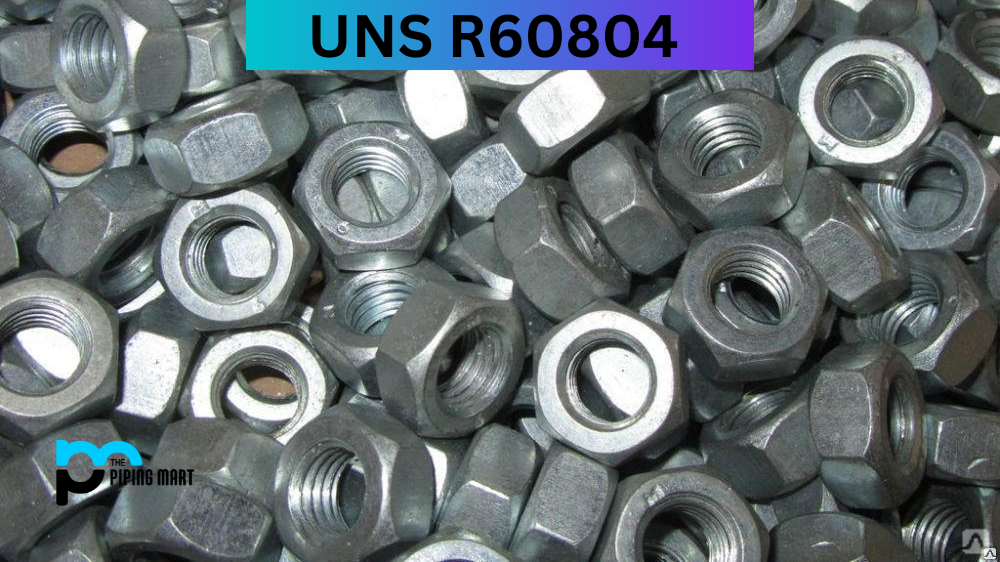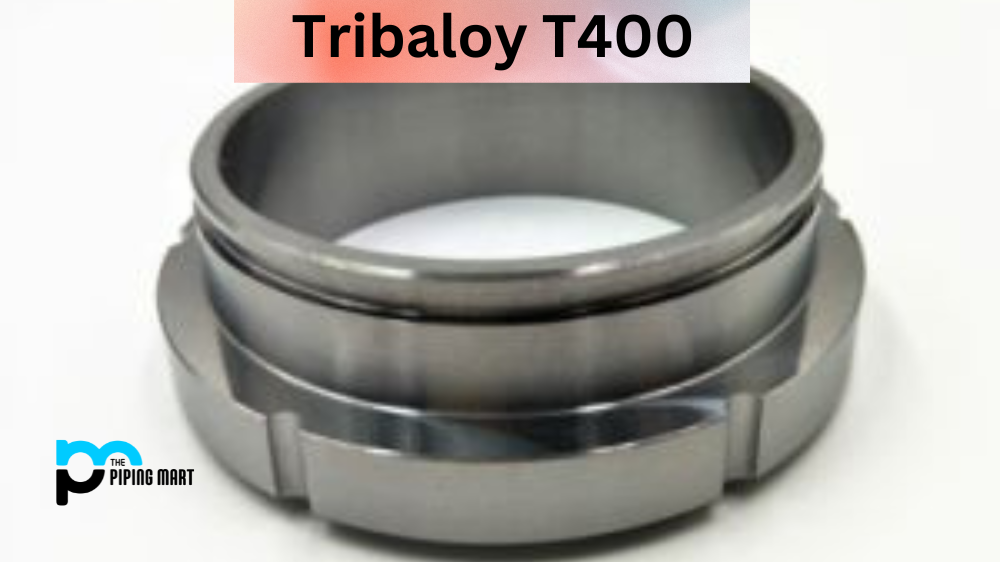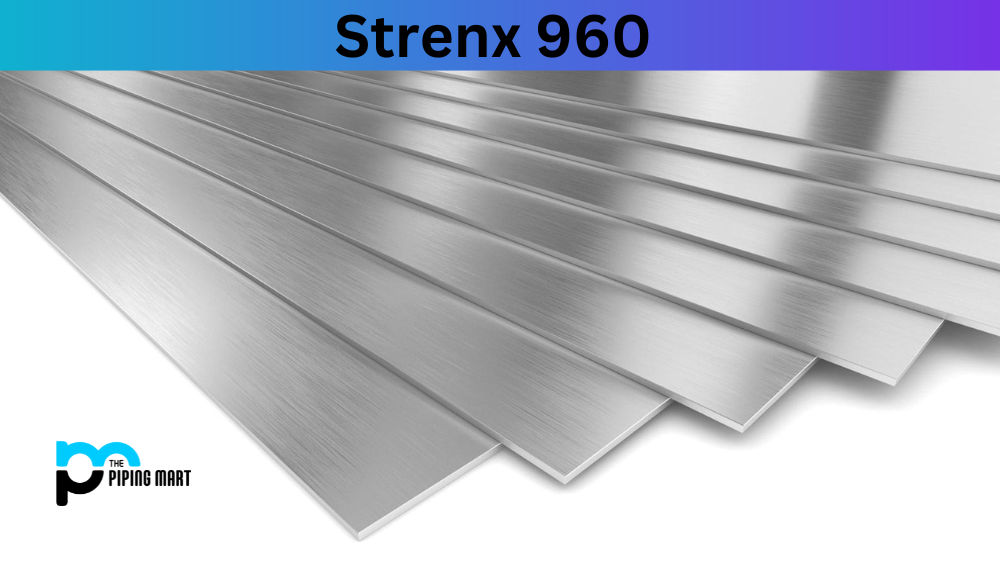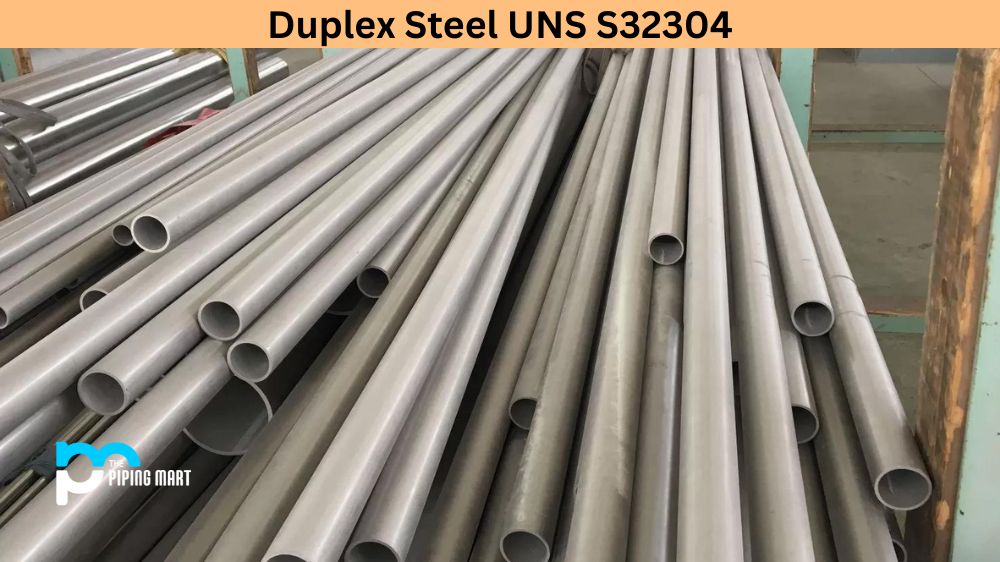UNS R60804, or Grade 5 titanium, is a widely used alloy in the industrial, aerospace, and medical fields. Its high strength-to-weight ratio, excellent fatigue resistance, and biocompatibility make it a preferred metal for strength and durability applications. This blog post will explore the composition, physical and mechanical properties, uses, heat treatment, and welding of UNS R60804.
R60804 Composition
ASTM B53 is a titanium-based alloy that contains 6% aluminium and 4% vanadium. It also includes trace amounts of other elements, such as iron, carbon, nitrogen, and oxygen. Adding aluminium and vanadium to titanium enhances strength, corrosion resistance, and high-temperature performance.
| Element | Content (%) |
|---|---|
| Zirconium, Zr | 97.56-98.27 |
| Tin, Sn | 1.20-1.70 |
| Iron + Chromium, Fe+Cr | 0.28-0.37 |
| Iron, Fe | 0.18-0.24 |
R60804 Physical Properties
ASTM B53 has a density of 4.43 g/cm3, almost half steel’s weight. It has a melting point of 1668°C and a coefficient of thermal expansion of 8.6 x 10-6/K. This alloy also exhibits excellent corrosion resistance to seawater, salt spray, and corrosive chemicals, making it ideal for marine and chemical processing industries.
| Properties | Metric | Imperial |
|---|---|---|
| Density | 6.56 g/cm³ | 0.237 lb/in³ |
| Melting point | 1850°C | 3360°F |
R60804 Mechanical Properties
ASTM B53 has excellent mechanical properties, including a high strength-to-weight ratio, fatigue strength, and flexibility. Its tensile strength ranges from 900 to 1050 MPa, and its yield strength is at least 880 MPa. It also has an elongation of 10% and a reduction in area of 20%.
| Properties | Metric | Imperial |
|---|---|---|
| Tensile strength (room temperature, transverse) | 514 MPa | 74600 psi |
| Yield strength (room temperature, longitudinal) | 381 MPa | 55200 psi |
| Modulus of elasticity | 99.3 GPa | 14400 ksi |
| Poissons ratio | 0.37 | 0.37 |
| Hardness, Rockwell B | 89 | 89 |
R60804 Uses
ASTM B53 is widely used in the aerospace and medical industries for applications that require high strength and biocompatibility. Its high fatigue resistance makes it ideal for aircraft structures, engine components, and critical fasteners. In medicine, UNS R60804 is used for orthopaedic implants, dental implants, and surgical instruments.
R60804 Hardness
ASTM B53 has a hardness of 36 HRC, which is higher than the hardness of pure titanium. This hardness gives it excellent wear resistance and makes it suitable for applications that require high abrasion resistance.
R60804 Heat Treatment
ASTM B53 can be heat-treated to improve its strength and hardness. It can be solution-treated at 870-925°C followed by air cooling or water quenching. After solution treatment, it can be aged 480-550°C to improve its strength without sacrificing flexibility.
R60804 Welding
ASTM B53 can be readily welded using conventional welding techniques such as gas tungsten arc welding (GTAW) and gas metal arc welding (GMAW). However, care should be taken to minimize contamination from the welding process, which can affect its corrosion resistance.
R60804 Corrosion Resistant
ASTM B53 is highly resistant to corrosion, particularly in seawater and corrosive environments, due to its passivation layer, which forms naturally on its surface. This passivation layer is a barrier to protect the underlying metal from further corrosion.
Conclusion:
ASTM B53 is a high-performance titanium-based alloy with excellent mechanical, physical, and corrosion-resistant properties. Its biocompatibility and strength-to-weight ratio makes it ideal for aerospace and medical applications where durability and biocompatibility are essential. Its ease of welding and heat treatment options make it a versatile alloy that can be adapted to different applications. It is no wonder that UNS R60804 continues to be a widely used alloy across various industries.
Meet Heer, a dynamic and driven writer learning tricks of her trade in the metal industry. With a background in Digital Marketing, Heer brings a unique perspective to her writing, sharing valuable insights. Apart from blogging she like reading and hiking.




